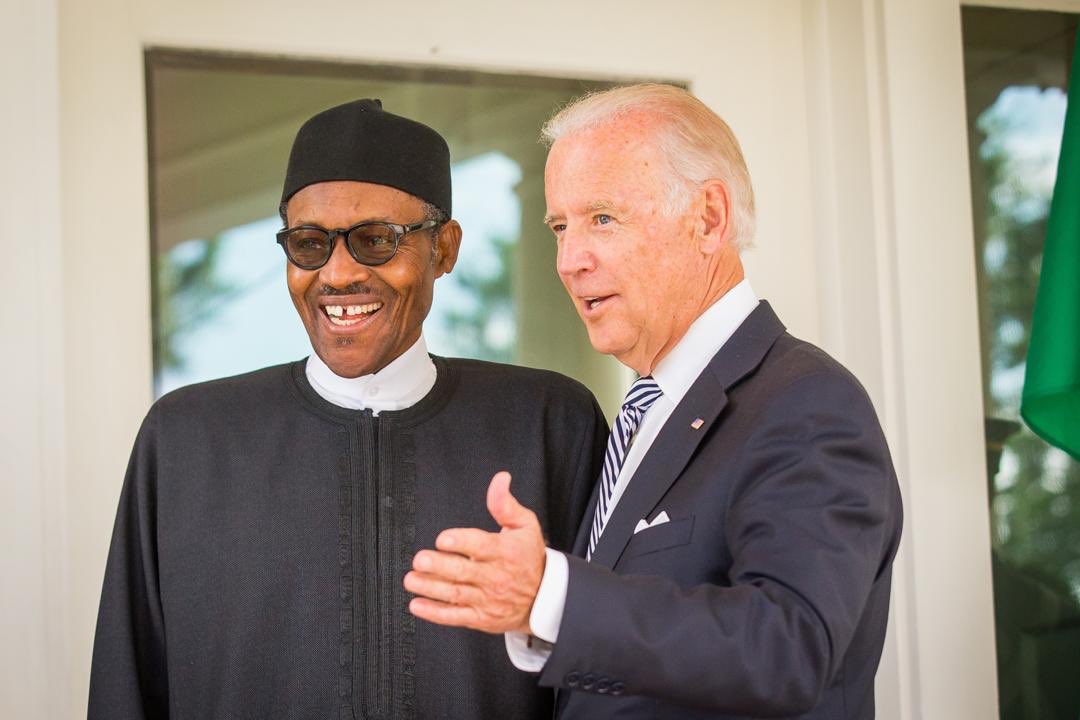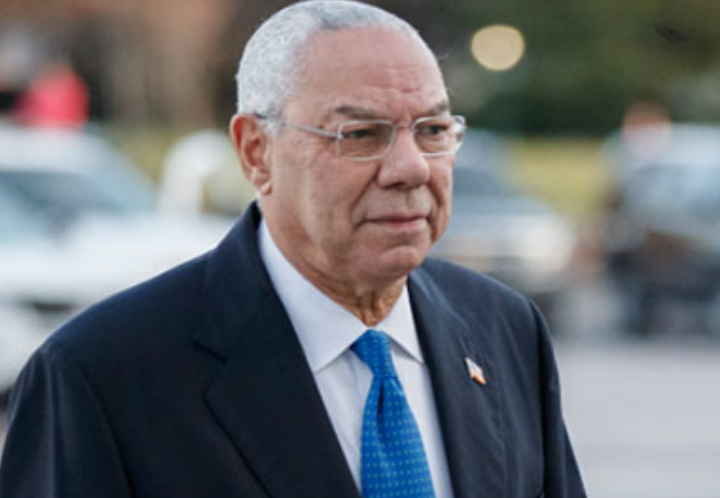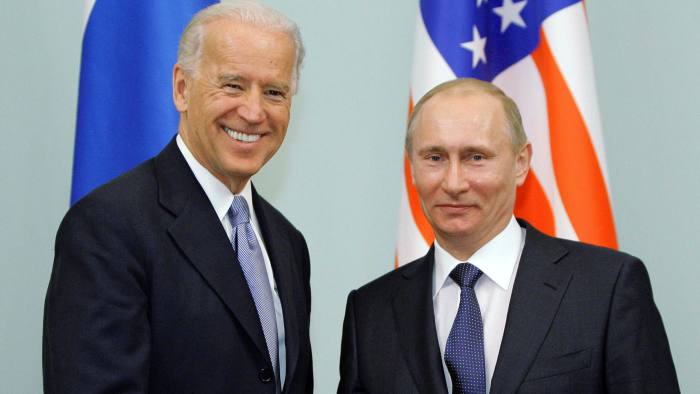Azu Ishiekwene
The founder of Facebook, Mark Zuckerberg, is having a torrid time. One by one, his worst fears are coming true.
According to Sheera Frenkel and Cecilia Kang, authors of An Ugly Truth, a scathing tell-all on Zuckerberg and his second-in-command, Sheryl Sandberg, the Facebook founder has been troubled for years by three deadly fears: the prospect of hackers breaching the site, his employees being harmed, and the breakup of his empire.
He’s had them coming for the past five years, at least. But in just one week, his deadly fears have not only come to him with chairs, they have arrived at Menlo Park with their own shades as well.
Just before the disruption of services on Facebook, Instagram and WhatsApp for six hours on October 4, an engineer and former product-manager-turned-whistleblower, Frances Haugen, dragged out Zuckerberg in a devastating interview and public testimony, accusing Facebook, the world’s largest social technology platform, of putting profits above safety.
If Facebook was a country, Haugen’s testimony might have been treated not just as a rebellion, but a coup attempt. And Zuckerberg is not just another tyrant in a banana republic. He is a potentate with a fan base of over three billion, revenue of $85.9 billion and a market value of $800 billion. Facebook is bigger than many countries, and Zuckerberg, more influential than presidents.
Zuckerberg has rejected the whistleblower’s charges, saying they are untrue. But the crux of the matter is whether Facebook is exercising a duty of care remotely matching the brand’s monumental influence and impact.
After the Cambridge Analytica scandal and concerns that right wing groups, especially, were using social media to stoke hate crimes and spread dangerous and misleading information about public health issues in the wake of the Coronavirus pandemic, the heat has been turned on Facebook to raise its game.
The jacket of An Ugly Truth is lined with statements of remorse by Zuckerberg and Sandberg since 2006, promising distressed subscribers a new day and pledging a new leaf.
But it would seem that the fulfillment of those promises is hardly matched by the brutishness with which the brand seeks to impede or destroy its competitors using the massive trove of data at its disposal.
I’m not on Facebook or Instagram. Yet, I recognise that I’m caught in the predatory web of one of the behemoth’s most egregious platforms – WhatsApp. My addiction is not Zuckerberg’s fault; it’s entirely mine.
Long before Haugen laid out her charges, I had been having a deep personal conversation with myself over the potential impact that WhatsApp, which I signed up to only about four years ago, was having on me.
I sensed that I was getting addicted to WhatsApp, but like most addicts going through a rite of passage, it took a long time to convince myself that it was happening. I was in denial.
I would pick up my phone in the morning, determined to reply just one or two messages or check the time. And then, I would find myself drifting from tray to tray, clearing message after message and leaping from one tray to the other as notifications stream in with the seducing charm of a red-light district.
Some say it’s an ecosystem, a network of family and friends connected by shared interests, experiences and banter. In a way it is.
It’s a far more connected world today than it was in the 1980s when my aunt migrated to the UK and the whole brood that saw her off to the airport in two buses wept at the lounge as she departed. Speaking with her again from Nigeria which, at the time, had less than 800,000 telephone lines in a population of over 100 million was always going to be a misery. Her departure was like a funeral.
In a lot of ways, things have changed for good, empowering millions of young people and forcing greater transparency in government. But in some ways, too, it feels like an eco-prison. Once you’re online, everyone in your community knows you’re there. Even when you disable your “Read Receipts”, stalkers still find a way to figure you’re in the yard and pounce.
To keep my space and sanity, I find myself leaping from one message tray to another, dodging unwanted incoming calls, and at the same time, taking care not to miss important information in the swamp of things.
At first, it was an adventure. But as time went on, the cons overwhelmed the pros of my daily WhatsApp experience. I began to wonder if flitting from one message to another with hardly enough time to process and digest one before the next, was not dangerous, if not to my mental health, perhaps to my mindfulness.
It was also difficult to remember where I got a particular information from – which chatroom, which message tray, or in fact, which platform. The whole thing would slowly blur into a fuzz, lacking in depth, context or meaning, yet bandied about by “contacts” as gospel.
Algorithms feed on our vulnerable, curious sides as humans. Most adults can, however, begin to turn the tide once they realise that the bulk of what exists in the “chat-o-sphere” is for the benefit of the propagators and those mining the data.
As the social media eco-prison took hold in my world with memes displacing touch and tech-speak and abbreviations replacing context and right spellings, flightiness became a real danger. I had to improvise to catch my sanity. And that meant letting necessity drive my social engagements, instead of the other way round.
Friends with whom I shared my experience told me it was a real struggle for them, too. They were also fighting their own social media demons, but of greater concern was the mental health of children of school age who appear to be spending more and more time on Facebook and other forms of social media, with all the attendant risks and dangers.
Yet, it would be unfair to scapegoat Facebook or single out any other social media platform for all the social problems of contemporary society. Throughout history new forms of technology have elicited both excitement and fear among the populace.
Socrates never wrote, because he said the invention of writing would worsen forgetfulness and his student, Plato, agreed with him.
The invention of the telephone was greeted with criticism that it was soon bound to make humanity a transparent jelly heap. And when television came along, it was scorned as a useless wooden box incapable of holding the attention of any serious-minded person.
The dramatic change in technology, especially in the late 1980s and early 1990s has spooked fears of job loss and weakened control. There are also fears related to privacy, cyber security and mental wellbeing and children’s safety. Yet, inventors and innovators have always prevailed and created opportunities for a better world.
Facebook may be in the eye of the storm now but all social media platforms have the same predatory instinct for which Zuckerberg is being called out. Haugen’s expose, coupled with political pressure on Big Tech from a number of countries around the world may lead to some soul-searching in Silicon Valley. But I doubt very much that we’re on the eve of a meltdown.
Zuckerberg and other tech entrepreneurs who have changed our world never pretended they’re out to finish what Mother Teresa started. They are in it for profit. The only thing that keeps their genius going is to build, buy or bury.
Shouldn’t they care about safety and people? Of course, they should. If they don’t and the market does not punish them soon enough, governments ultimately will. But until such a time, we must increasingly take responsibility for our safety and not be seduced by the prospects of a Mark Zuckerberg or Jack Dorsey nanny.
The world has been here before. Between the late 19th and early 20th century three of the most famous monopolies in the world – Andrew Carnegie’s Steel Company, John D. Rockefeller’s Standard Oil, and the American Tobacco Company were broken up. When AT&T got too big for its own good, it joined the list of fallen monopolies in 1984.
Recent events may have shaken Mark Zuckerberg, unsettling his quest for immortality. But they don’t necessarily mean that his third most deadly fear – a breakup – is imminent. Yet, it’s a good time for Facebook and its users to stop and reflect.
Ishiekwene is the Editor-In-Chief of LEADERSHIP






